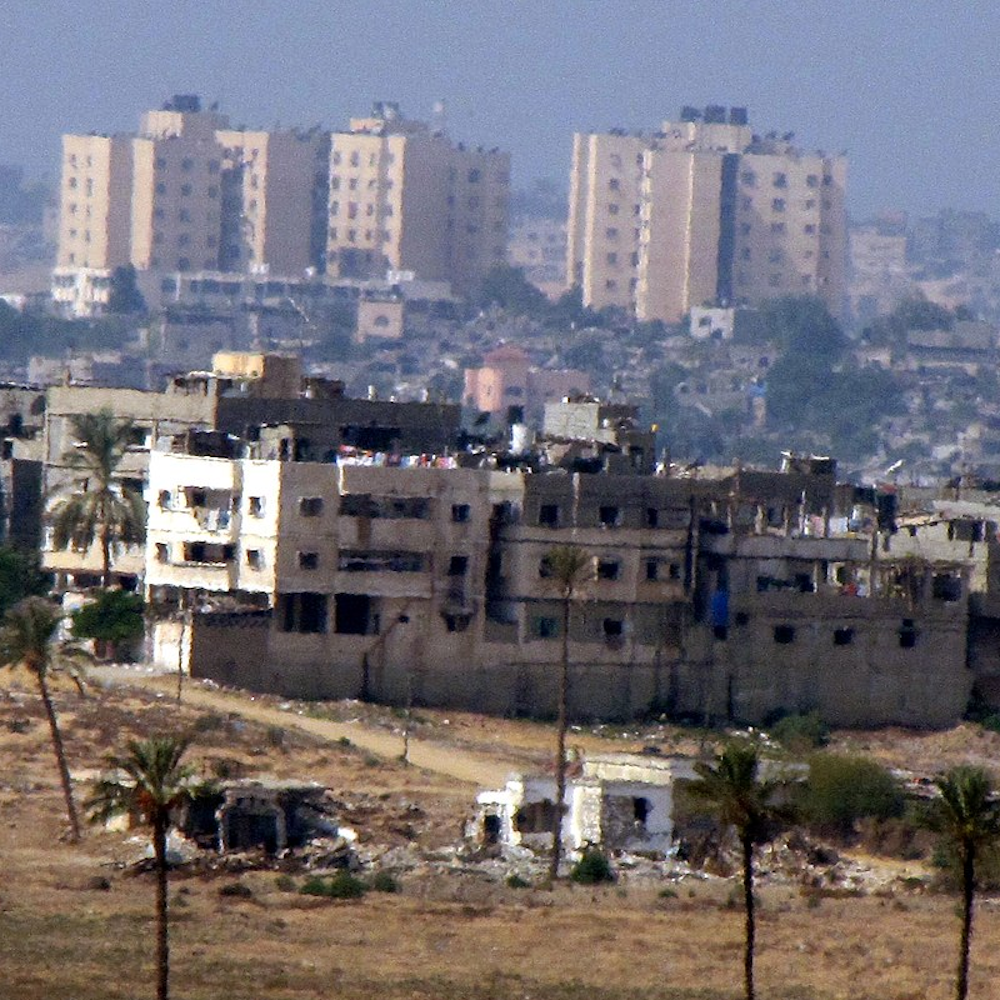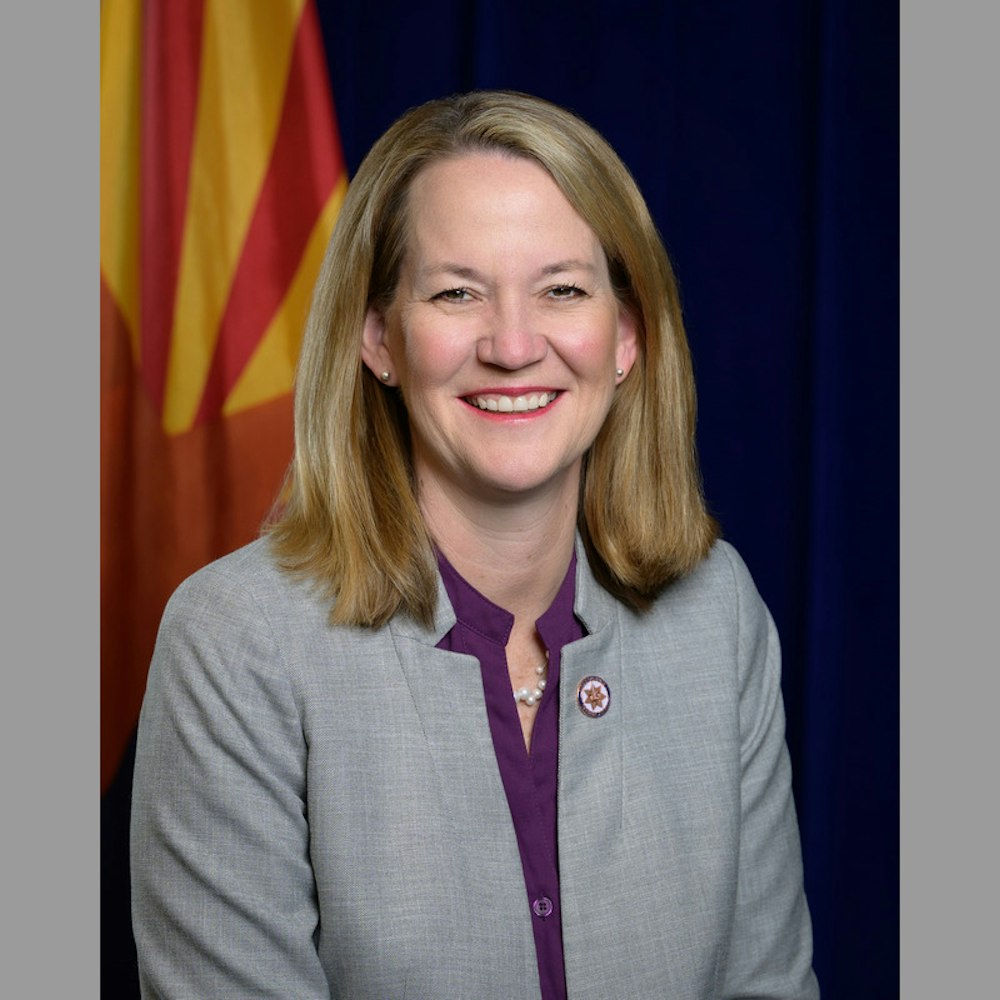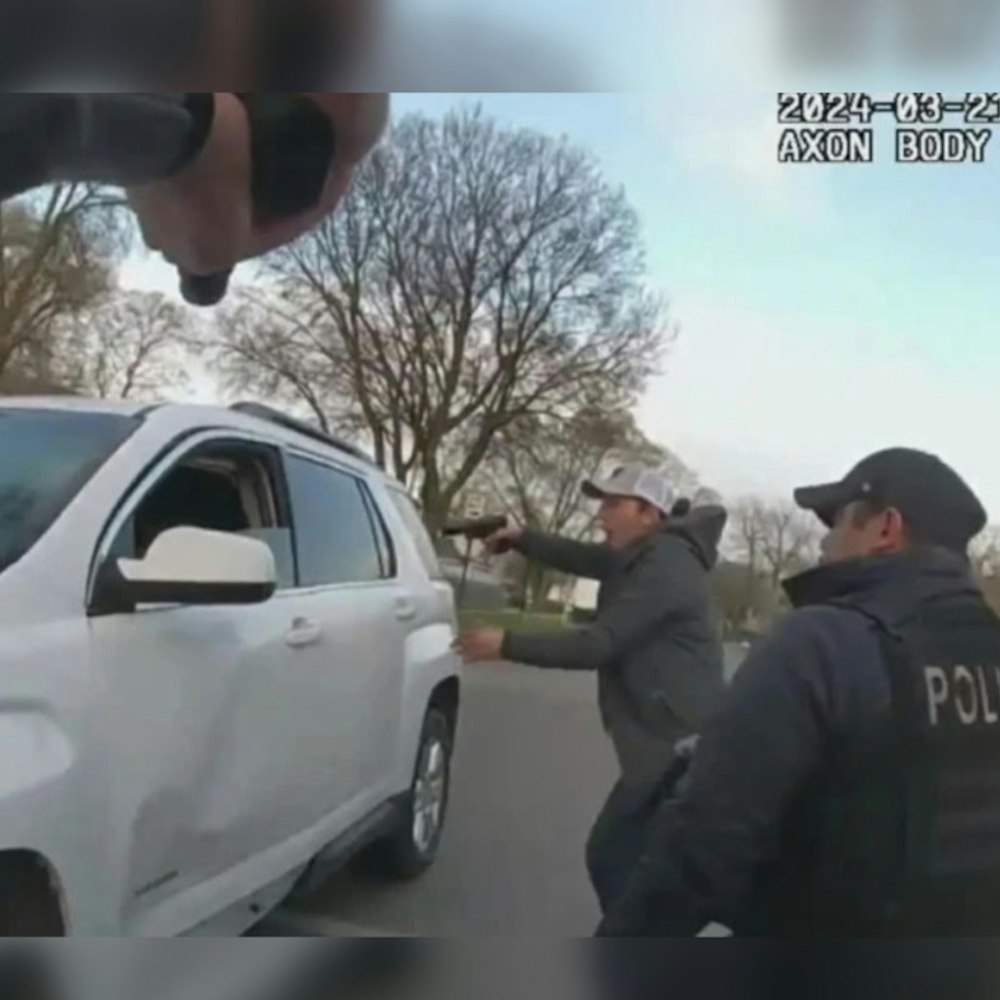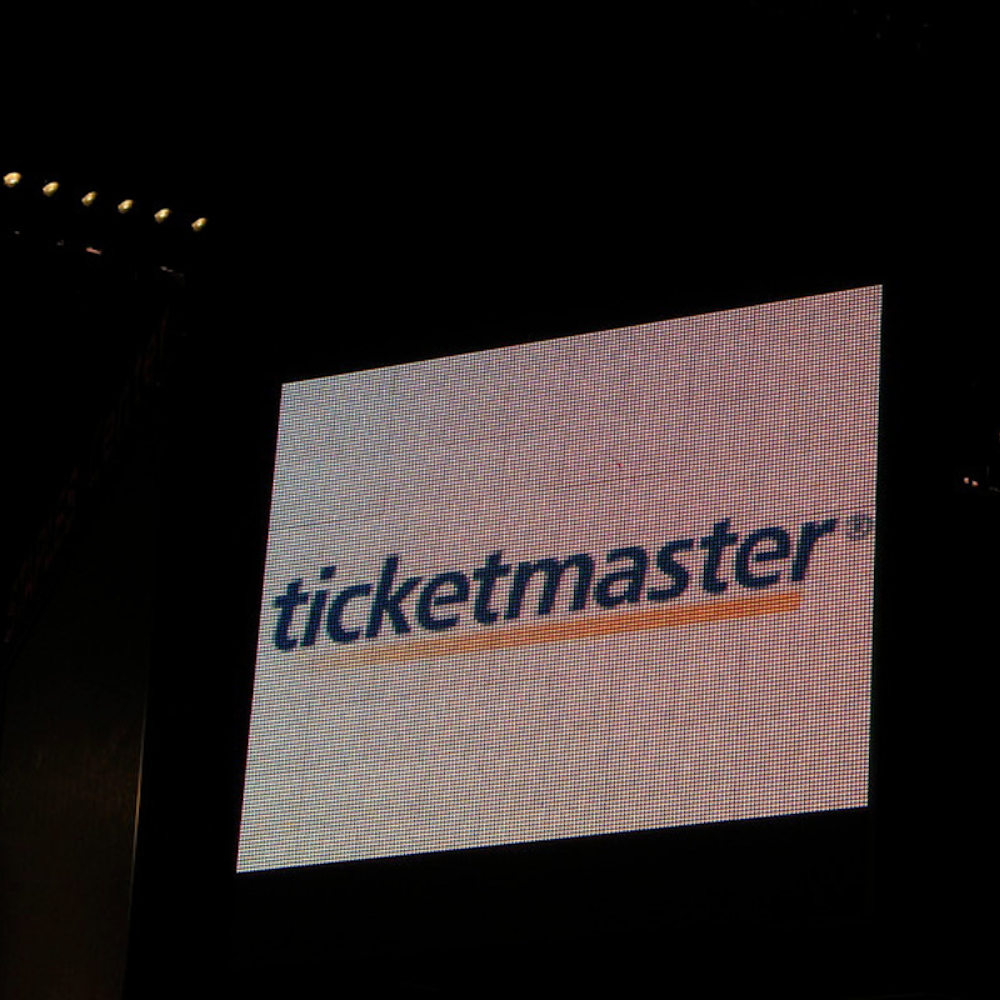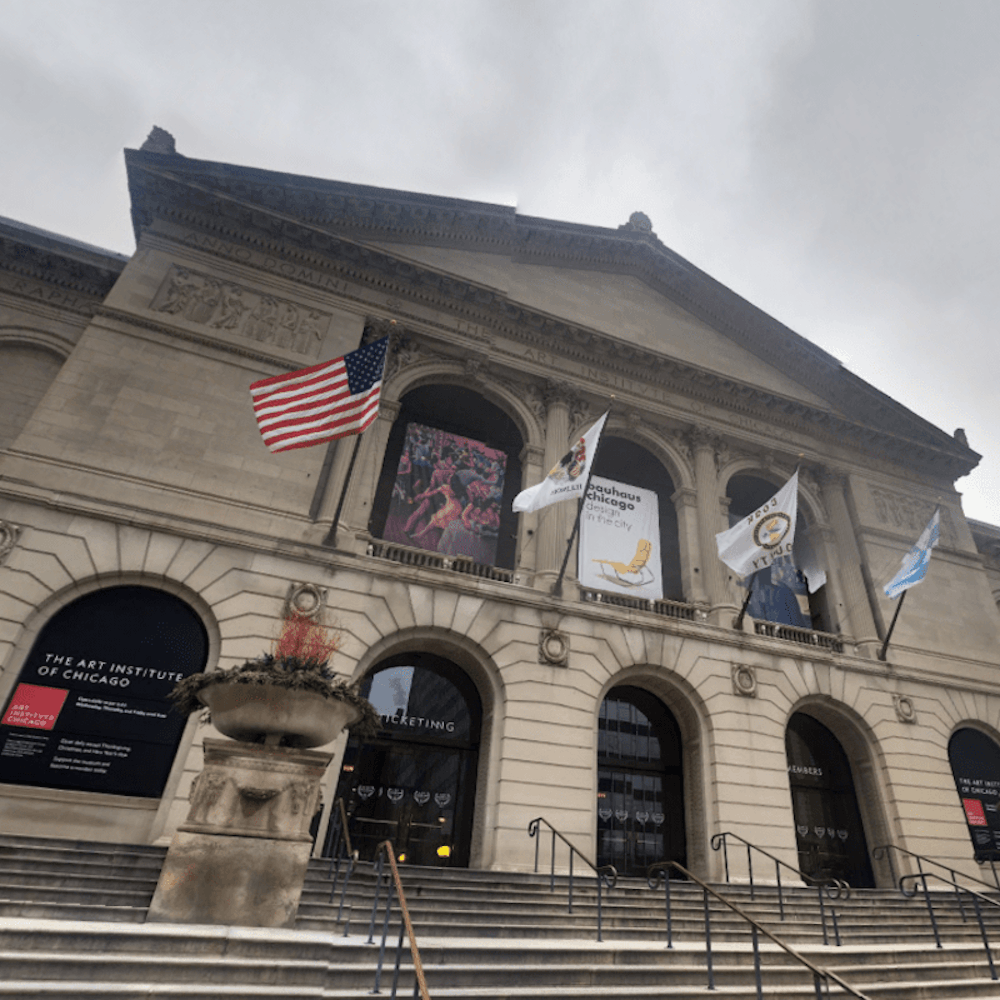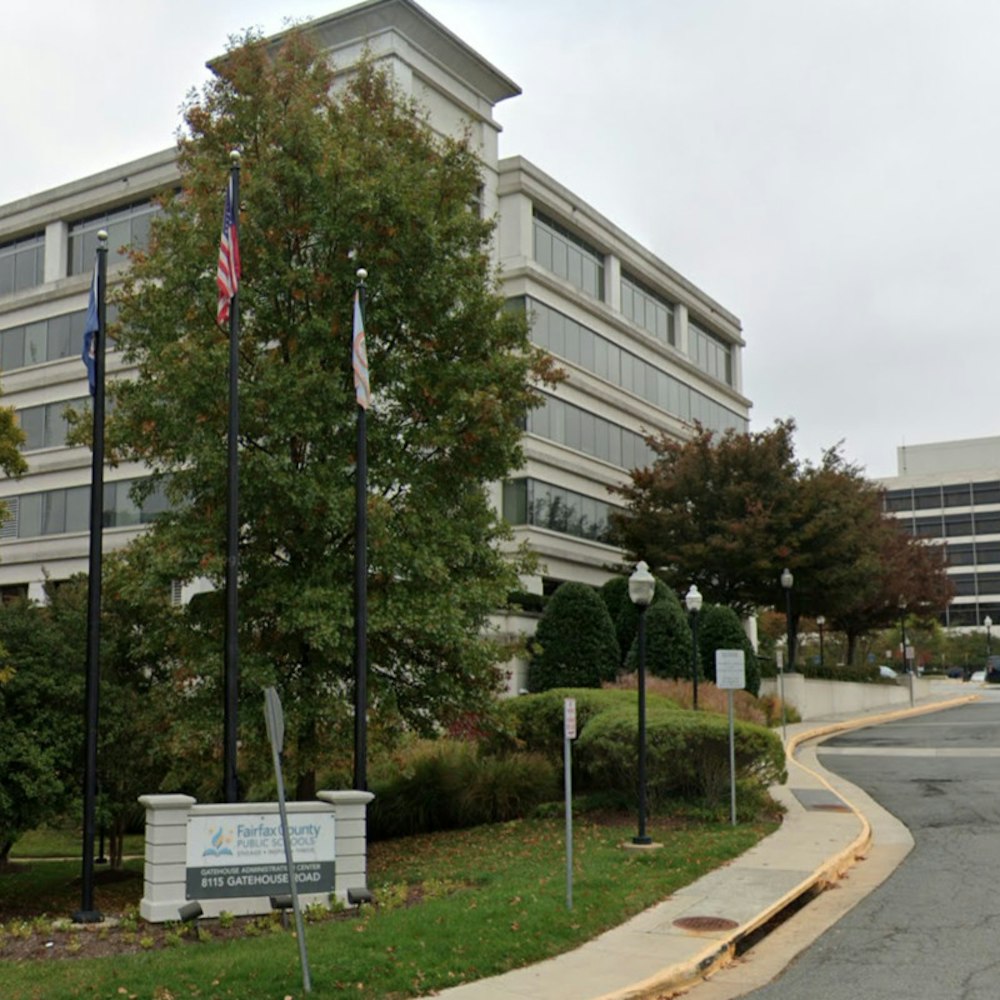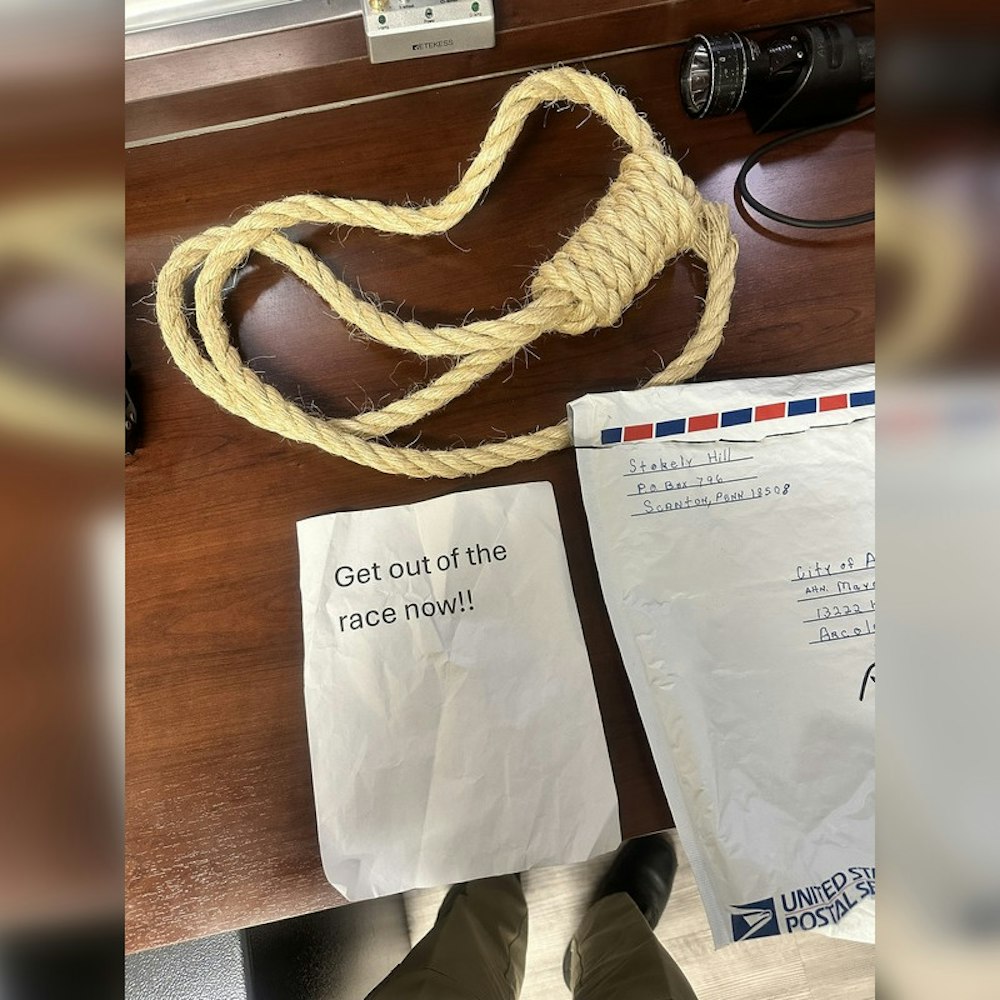![Taking out the trash: Castro's 'smart waste' receptacles set to be removed [Updated]](https://img.hoodline.com/uploads/story/image/919158/bigbelly_castro_bracco.jpg?max-h=442&w=760&fit=crop&crop=faces,center)
It's time to take out the trash — trash cans, that is.
After a two-year stint in the Castro, five Bigbelly trash cans are set to be removed from the neighborhood this week. The "smart waste" receptacles will be replaced with standard city trash cans.
Andrea Aiello, executive director of the Castro/Upper Market Community Benefit District (Castro CBD), tells Hoodline the cans didn't prove to be as successful as predicted.
"We have not noticed any real difference in the cleanliness of the sidewalks on those blocks with Bigbelly trash cans," Aiello said.
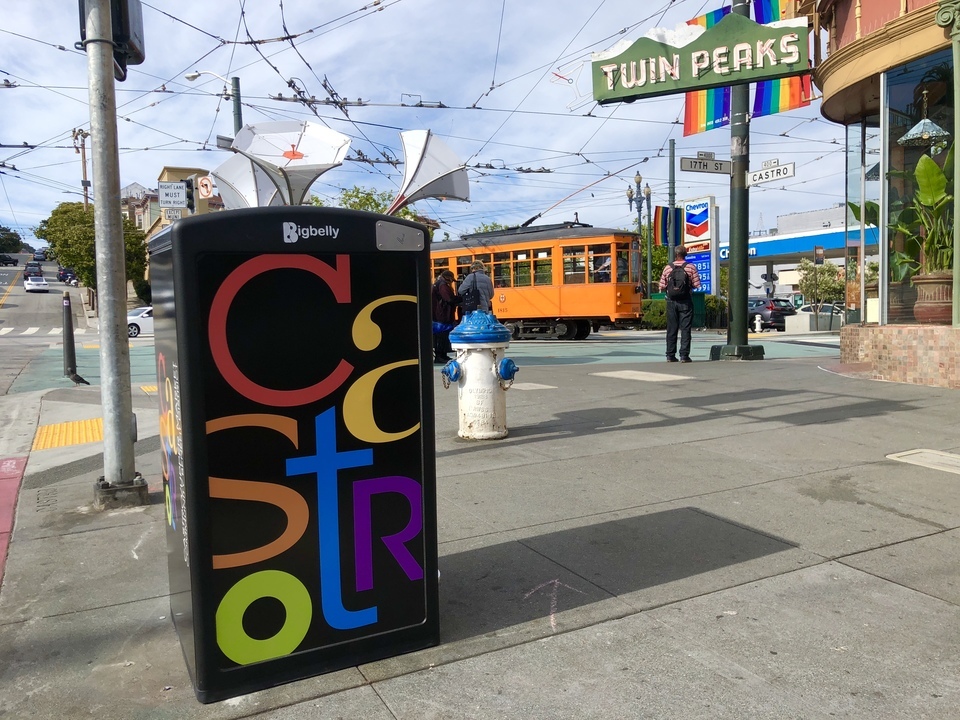
The Castro's experience runs counter to that of many other San Francisco neighborhoods, which have embraced the cans in the past two years.
In 2019 alone, Hayes Valley, North Beach, Japantown, Excelsior, Lower Polk and the East Cut all paid to install the pricey cans, which must be leased from Bigbelly instead of being purchased outright.
They say the cost is worth it: the cans hold more trash than the city's standard cans, and can't be rifled through, allowing debris to pile up on city streets.
In December, Mayor London Breed and District 6 Supervisor Matt Haney announced that the city would be putting up a $410,000 round of funding to deploy 90 more Bigbelly cans this year, with half of them going to the Tenderloin and SoMa.
The five Castro cans — two at Castro and Market streets, two at Church and Market streets, and one at Market and Noe streets — do appear to have been moderately successful at cutting down on street trash.
In the two years prior to the Bigbelly trash cans' installation (May 2016 - April 2018), Castro CBD cleaning reports show that street-cleaning teams picked 197,625 pounds of trash and responded to 522 reports of illegal dumping.
In the period since the Bigbelly cans' installation (May 2018 - March 2020), street-cleaning teams picked up 158,730 pounds of trash — a 19% decrease. There were 316 reports of illegal dumping in that time period, a 39% decrease.
However, the comparison isn't apples-to-apples, since data from April 2020 isn't yet available. (We'll update this story once it comes in.)
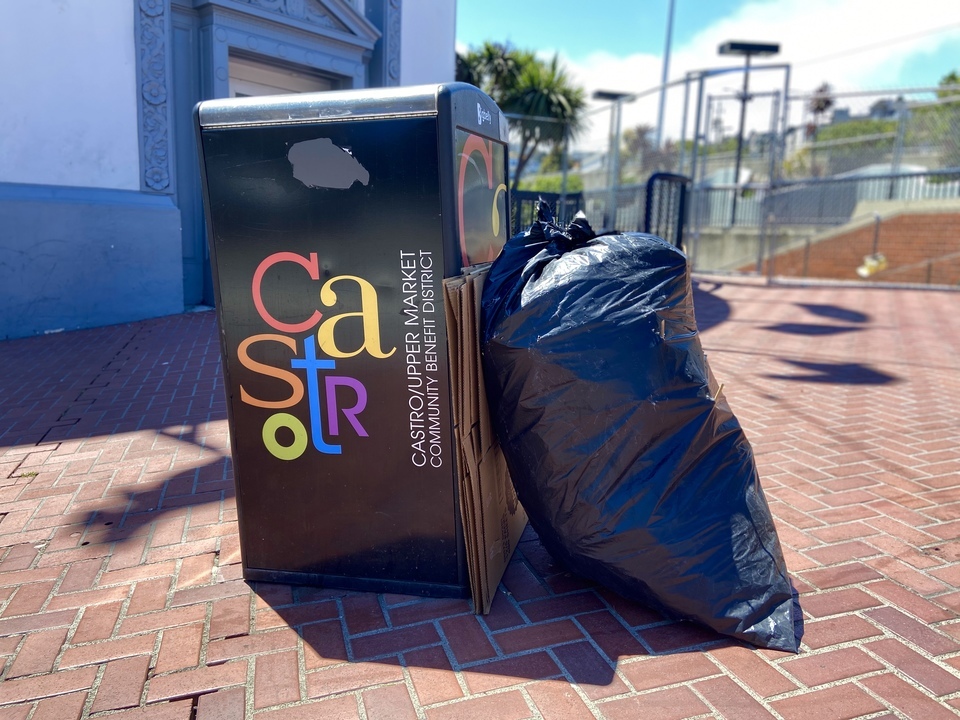
Aiello, who applied for and received a two-year city-funded grant for the Castro's Bigbelly cans, said their benefits ultimately didn't justify the $1,110 monthly cost.
A major issue with the cans has been vandalism, with one can damaged so badly that it cost $2,500 to repair. Bigbelly picked up the tab, but if it were to happen again, Aiello said, the CBD would be on the hook.
On top of vandalism, Aiello said, "our experience is that [the cans] have tended to attract illegal dumping."
And while many neighbors have told Aiello they like the look of the cans, quite a few have said that they don't like how the cans operate. "They have to get too close to put trash in the opening," Aiello said.
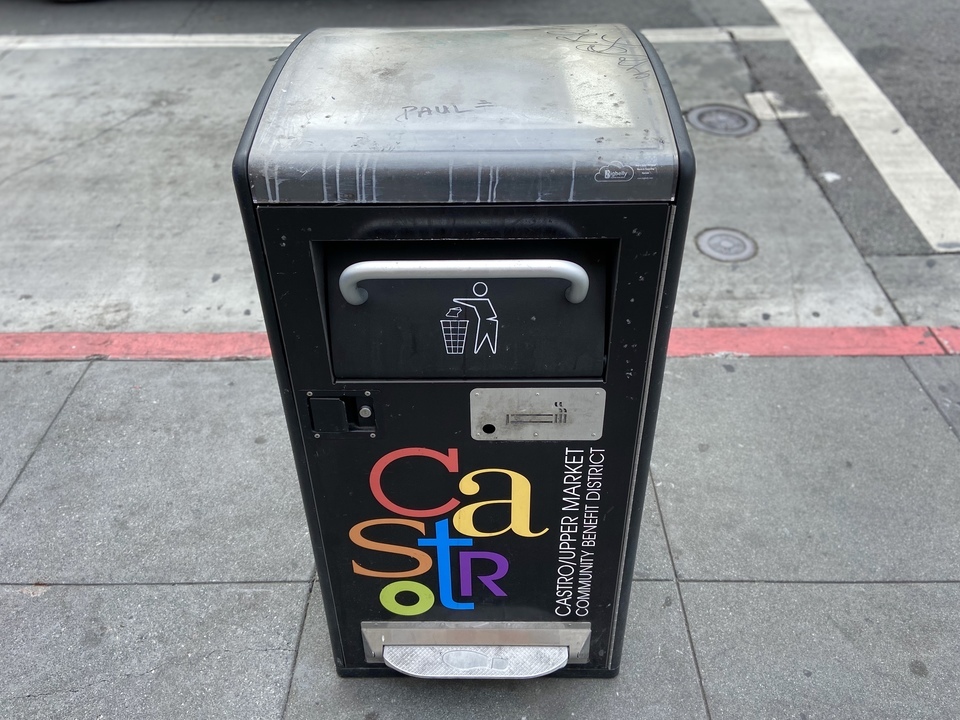
One much-touted benefit of the cans was a built-in sensor, meant to alert trash collectors when they needed to be emptied. But Aiello says that feature wasn't fully taken advantage of by the city.
"The Bigbelly trash cans have been on the same emptying schedule as all the rest of the trash cans," she said.
The Castro CBD, like all San Francisco's CBDs, is funded through assessment dollars on property owners to fund quality-of-life improvements, like sidewalk cleaning, graffiti removal, streetscape improvements, business development, community events and safety services.
Aiello said she couldn't justify spending that money on a service the city already provides.
"The Castro CBD was created to fund supplemental services, not city baseline services," she explained. "We thank the city for the two-year grant, but in the end, sidewalk trash cans are part of the basic services the city provides to neighborhoods."
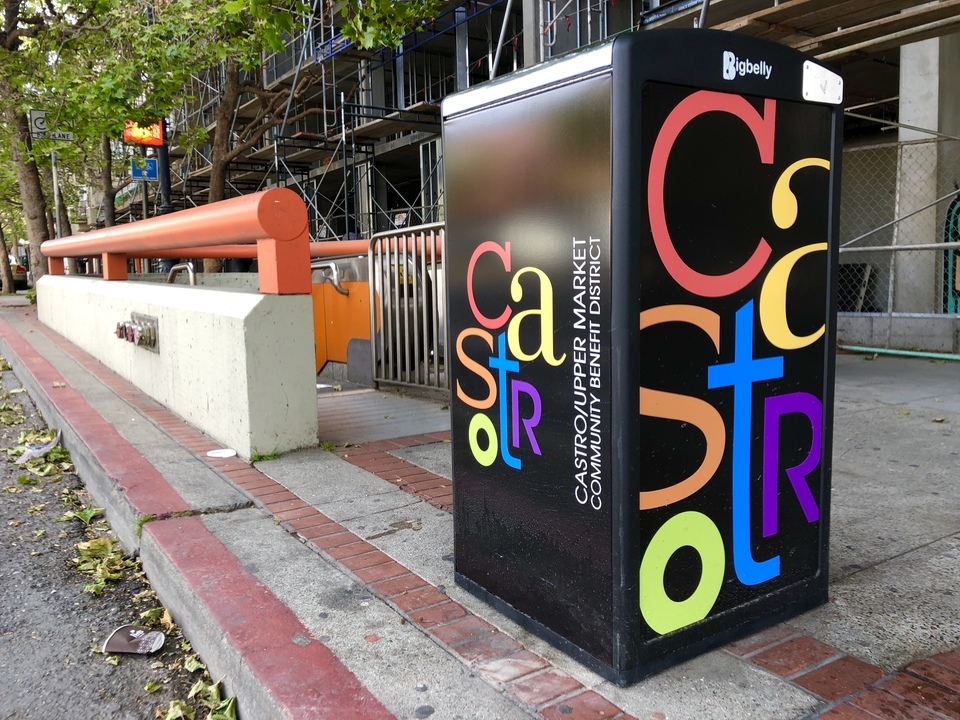
However, Aiello has some concerns about reinstalling the standard city trash cans, which have long been set for a design overhaul.
SF Public Works is in charge of coming up with a new can design, but the project has languished for years. Some have alleged that now-disgraced SFPW director Mohammed Nuru opposed the Bigbelly cans because he had a contract to purchase new cans from Walter Wong, the permit expediter involved in the 555 Fulton project for which Nuru allegedly took bribes from a Chinese developer.
"The city trash can doors often break, making them very easy to vandalize," Aiello said. "We will be on top of this by calling broken city trash cans into 311 as soon as we are aware of the issue."
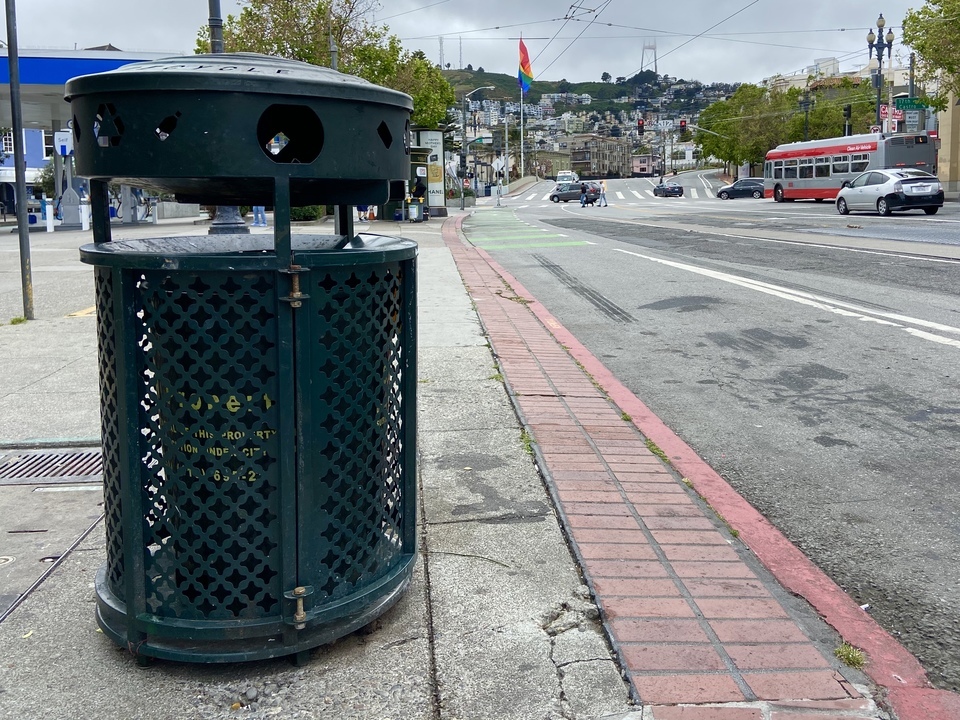
While the Bigbelly cans haven't been a success for the Castro, Aiello says she's had no complaints.
"The company is great, no complaints with their service, and the city's Fix-It Team is also great," said Aiello.
If there ends up being overwhelming support for the Bigbelly cans, Aiello says, "we can always reconsider at a later date."
The Fix-It Team's Ian Schneider says that all other Bigbelly cans will remain in the city for the time being.
"Some of the neighborhoods are slated for expansion of their footprints," he added.
Update, 10:48 a.m.: After the publication of this story, Aiello provided additional data on the Castro CBD's trash collection.
While the initial dataset shared by the CBD only reflected trash collected by its regular cleaning team, the new numbers also reflect trash collected by the Castro Cares team (which works with unhoused people in the neighborhood) and the Plaza Stewards team (which guards Jane Warner Plaza).
The new data shows that from May 2018 - March 2020, workers for the CBD collected 226,785 pounds of trash — only a 0.5% decrease from the 227,875 pounds collected from May 2016 - April 2018.
It also shows an increase, not a decrease, in illegal dumping. 1,983 illegal dumpings were reported in the 2018-2020 period, a 260% increase from the 2016-2018 period.
Update, 4:14 p.m.: The five cans have officially been replaced with concrete models, rather than the metal trash cans that the Fix-It Team's Schneider had previously said would be going in.
SFPW spokesperson Rachel Gordon said that the city's contract with Renaissance, the producer of the metal cans, has ended, and its rollout of new test cans has been delayed by the COVID-19 pandemic.

To receive attention for a trash issue within the Castro CBD's footprint, call the CBD's cleaning dispatch team at (415) 471-7536.

